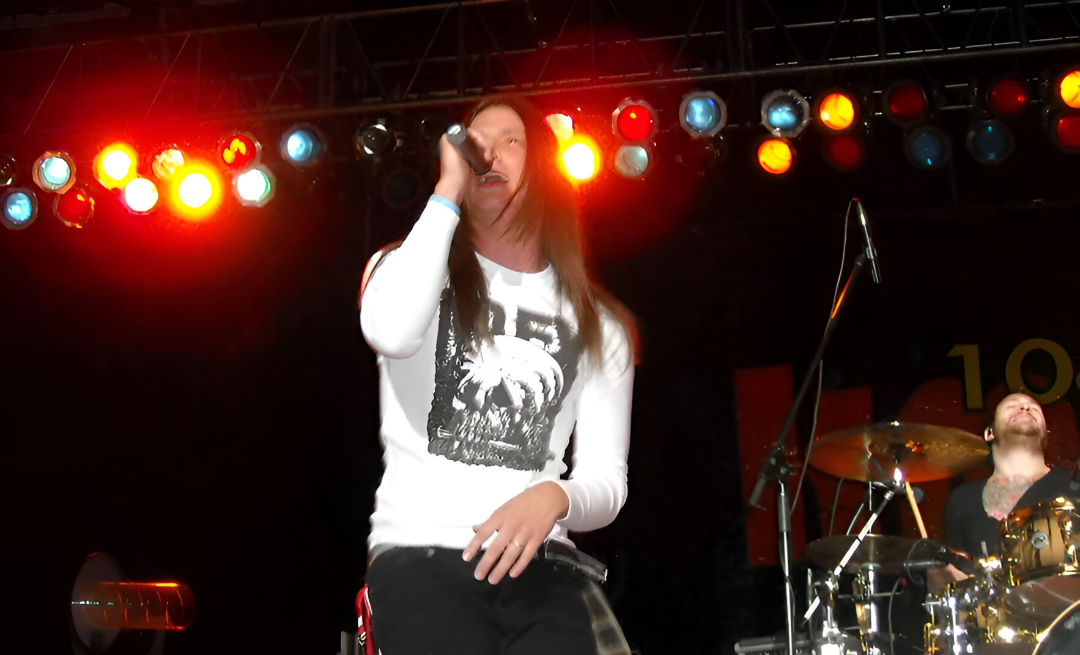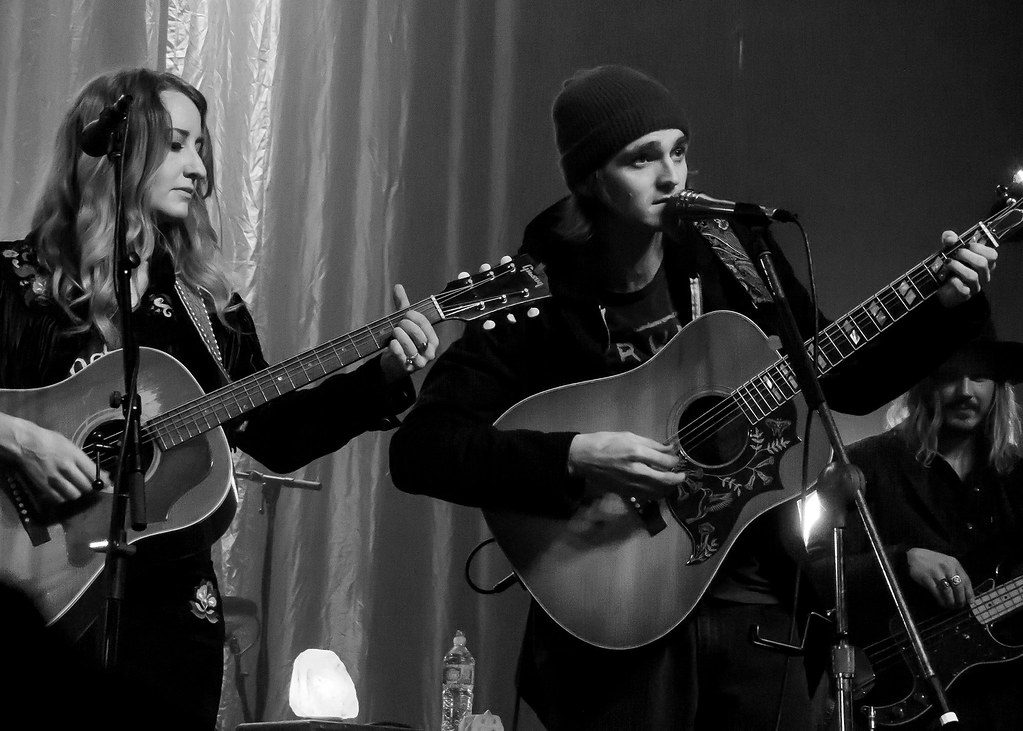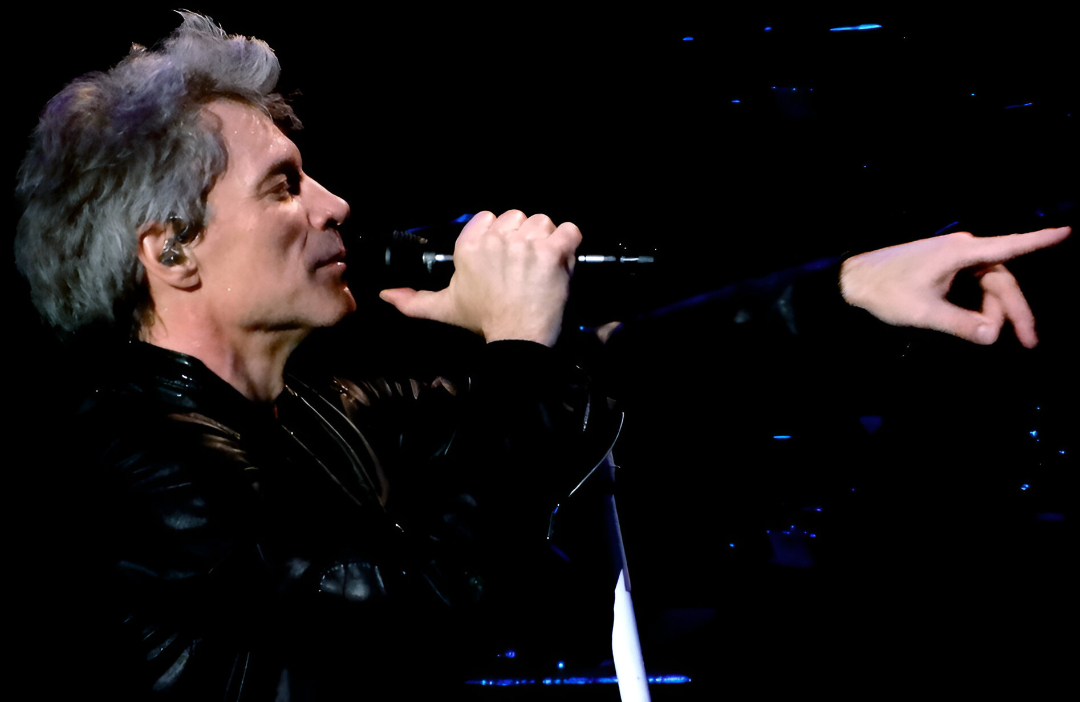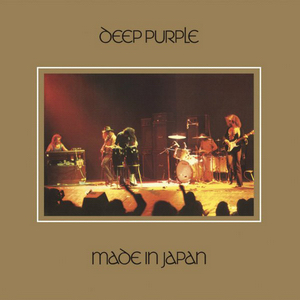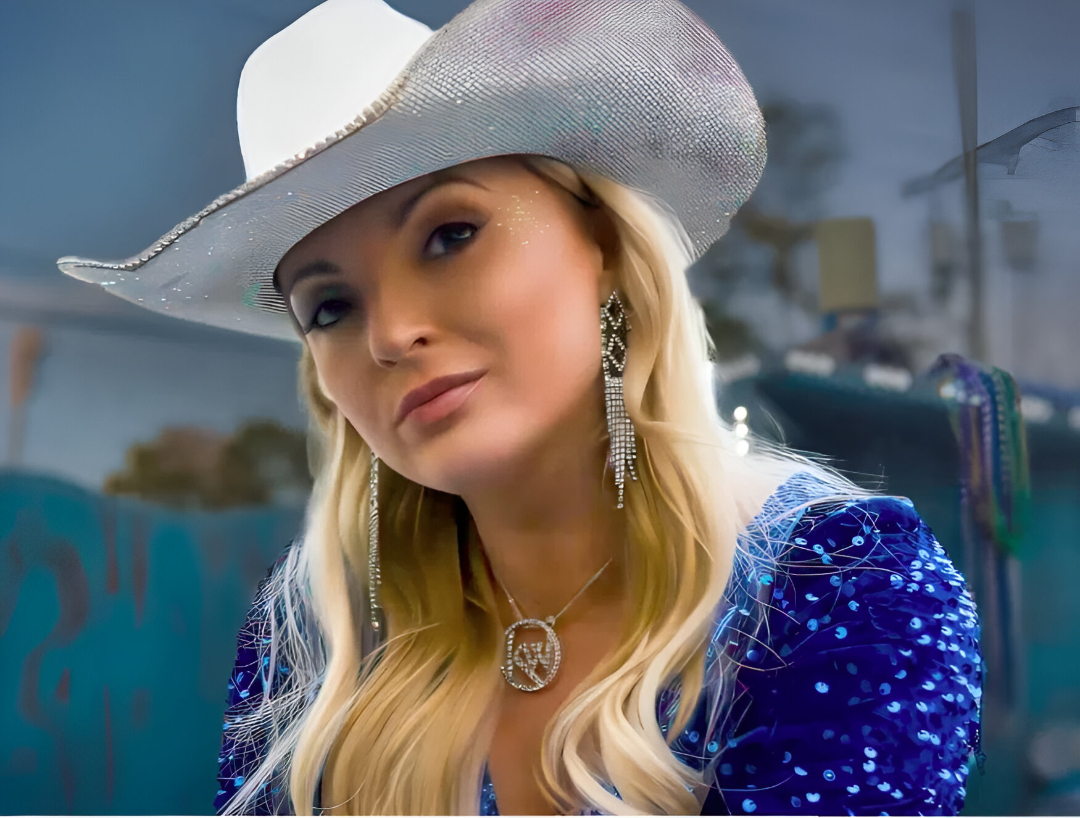Political lines in music just got drawn with a permanent marker. Ronnie Winter of The Red Jumpsuit Apparatus didn’t just ask Trump supporters to stay home — he straight-up disinvited them from every show the band will ever play. The Florida outfit, known for their 2006 breakthrough “Face Down” and currently touring through November, made the declaration via Instagram video that’s been ricocheting around music forums faster than a dropped tuning peg.
“If you voted for Donald Trump, do not come to my shows — forever, not just like these four years,” Winter declared. The emo-pop frontman specifically targeted Christian Trump supporters, stating “shame on you” and emphasizing, “You are not allowed to come to my shows. I don’t want you there.”
Breaking the Fourth Wall of Fandom
Most musicians who’ve clashed with Trump stick to the standard playbook: cease-and-desist letters when their songs get used without permission. Artists like Bruce Springsteen, Neil Young, and The Rolling Stones have repeatedly told Trump’s campaign to stop using their music, but Winter crossed into uncharted territory by gatekeeping his actual audience. That tension boiled over when a Springsteen cover band faced real-world fallout for aligning with the Boss’s anti-Trump stance.
Winter made it personal, telling fans, “It’s awesome that you love ‘Face Down.’ It’s not for you. It’s not your song.” That’s like a chef telling you the burger isn’t meant for your mouth — technically possible, but it fundamentally changes the relationship between creator and consumer.
The “Stay Woke” Campaign Continuity
Winter referenced his 2020 “Stay Woke” campaign, emphasizing he never removed those posts and declaring, “once you’re awake, you can never go to sleep.” The band’s trajectory from their 2006 breakthrough with “Don’t You Fake It” to political lightning rod reflects how emo’s emotional directness translates surprisingly well to activist messaging.
Winter promised concertgoers they’ll “hear a lot of woke propaganda” and “the actual words of Jesus” at shows, positioning his performances as ideological spaces rather than neutral entertainment venues. That’s a bold strategy for a band whose biggest hit dealt with domestic violence, not voting patterns.
Industry Precedent or Strategic Statement?
The controversy has certainly achieved maximum visibility. The band’s name is trending across music news sites, generating more attention than their recent releases. That was likely the point. Whether intentional or not, Winter’s approach has sparked widespread debate about the boundaries between entertainment and political expression.
While artists from Adele to The White Stripes have fought Trump over unauthorized music use, Winter’s approach creates a new category: preemptive political exclusion. He’s offering refunds to affected ticket holders, acknowledging that his stance might cost the band money — a move that demonstrates his commitment to the position, regardless of financial consequences. Meanwhile, Trump’s executive order on ticket price gouging puts him in rare alignment with some music fans frustrated by skyrocketing concert costs.
Whether Winter’s move inspires other artists to police their audiences or represents a one-off ideological stand, the music industry’s relationship with political expression just shifted into unexplored territory where your voting record determines your entertainment access.


